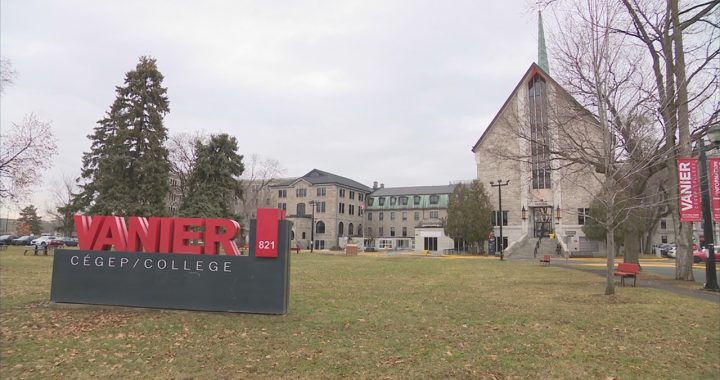First Nations leaders in Quebec say the province’s newly tabled anti-racism action plan leaves much to the imagination.
“Until now, the Legault government (Premier Francois Legault) has taken a piecemeal approach, without taking the time to get to the root of the social issues we are facing,” Assembly of First Nations Quebec and Labrador Regional Chief Ghislain Picard said in a statement.
“This is the case today, with a series of measures that may not have a lasting effect if we do not address the root causes of racism and discrimination.”
In creating an anti-racism task force, Premier Francois Legault promised his government would take more concrete action to fight racism than any previous provincial government.
But with only 25 recommendations – and no formal recognition of systemic racism – First Nations leaders say Quebec’s Racism: Zero Tolerance plan, tabled on Monday, falls short of what is needed.
Still, Legault’s ministers are defending it.
Deputy Health Minister Lionel Carmant and Immigration Minister Nadine Girault, members of the task force created by Legault in June, admitted on Monday that despite years of reports and recommendations on fighting racism, there have been few results.
“What we are presenting today, are finally, concrete and coherent actions,” Girault told reporters in Montreal.
“Watch what’s going to be happening. You’re going to see real results. Because you’re going to see real actions in place,” she added.
First Nations and Inuit in Quebec have waited six months – and some hundred years before that – for the Quebec government to take tangible action against the racism affecting its public services.
The Viens Commission final report, released over a year ago, made 142 recommendations in this area.
But Legault and his cabinet remain steadfast, however, that although racism exists in Quebec, systemic racism does not.
“Quebec is one of the places in the world where we have the least racism,” Legault said Monday afternoon during an interview with CTV News.
“But still we have to continue to work against racism, but we have to be proud of our situation,” Legault added.
The Atikamekw Nation, however, had high expectations for this report.
Their plan to address healthcare reform called Joyce’s Principle – named for Joyce Echaquan – was just recently rejected by provincial ministers in Quebec’s National Assembly because it called for recognition of “systemic racism.”
At the time, Quebec promised to take up the topic of health care reform in their action plan – one the Atikamekw National Council says created “more questions than answers.”
“It seems the baseline issues still have not been taken into consideration,” said Manawan Chief Paul-Emile Ottawa. “Concrete propositions were made in ‘Joyce’s Principle,’ [but] these don’t seem to have been taken into consideration in the recommendations offered.”
“We received the report- we weren’t invited to help create it,” Atikamekw Grand Chief Constant Awashish offered in a statement.
“For now, after reading the recommendations, we’re wondering how this is all going to take form, how the work will unfold in this sense, and how can we solidify this nation-to-nation dialogue?”
In its 25 “practical” recommendations, the task force concluded random police stops should be banned for all of Quebec’s police forces.
A study of “street checks” conducted by Montreal municipal police, for example, found Indigenous women are 11 times more likely to be questioned at random than anyone else.
Carmant said policies introduced by the province’s Public Security Ministry back in August, to ensure police stops are not “random unfounded or discriminatory,” didn’t have the force of law.
“The task force also recommends that social workers be incorporated into police forces,” Carmant said. “This will allow the de-escalation of many situations that are based on perceptions or on prejudices.”
The task force also issued a series of other recommendations including ensuring more minority representation in Quebec’s civil service.
Girault said details on the representation of minorities within the government bureaucracy and in state-run corporations would be determined by the new minister.
Many of the task force’s recommendations align with those made in the Viens Commission Final report in October 2019.
Unlike Quebec’s task force, Judge Jacques Viens found rampant issues of systemic discrimination in public services – and identified the issue by name.
Indigenous Affairs Minister Ian Lafreniere urged patience while pointing to a series of other announcements recently made as part of his “I Hope” plan, which was put in place to address the commission’s findings.
“We’ve been announcing cultural safety in hospitals, we’ve been announcing construction of a residence for students, we’ve been announcing also training for police officers,” Lafreniere told reporters.
“So we’re a government of action. We’ve been putting in actions and people should judge us on actions.”
-With files from The Canadian Press










